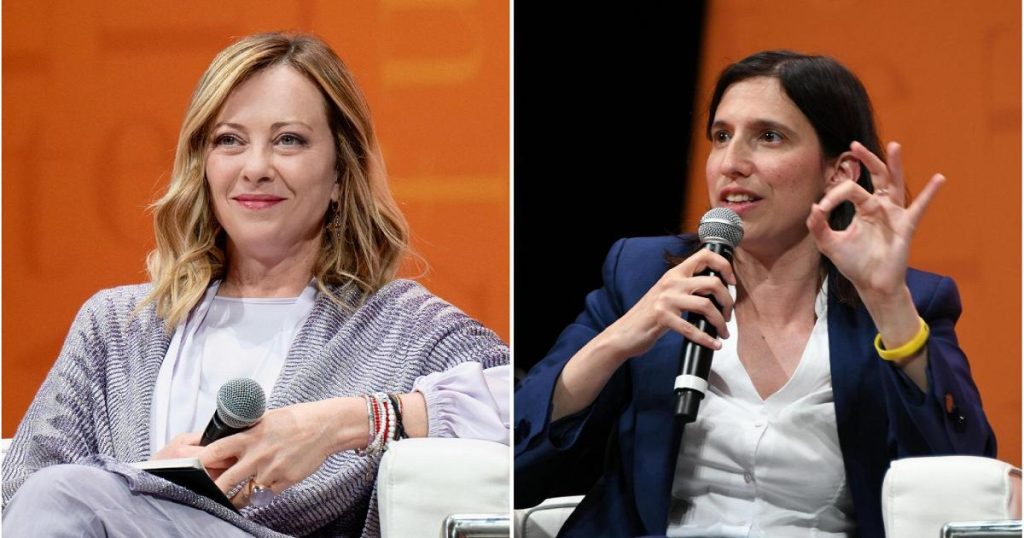The Italian political landscape is abuzz with talk of reform, as Giorgia Meloni asserts the necessity of change for the country. While she does not consider it her own reform, she believes that the Premierate is a crucial step forward. With clear words, she states that Italy needs this reform to move forward, emphasizing that she is not interested in simply maintaining the status quo. This sentiment was echoed when she spoke at an event in Trento, making it clear that she is not simply looking to keep her seat warm but is focused on real change for Italy.
During the event in Trento, the leader of the Democratic Party, Elly Schlein, engaged in a sort of delayed debate with Giorgia Meloni. Although Schlein spoke after Meloni, she was able to respond to the arguments put forward by the Premier. The discussion revolved around the Premierate and the balance of power within the state, with Schlein warning against changes that could weaken the President of the Republic. The two women also engaged in a debate regarding the track record of their respective parties, with accusations and counter-accusations flying back and forth.
Despite the heated discussion, there were calls for a more civil and direct confrontation between the two leaders. However, such a meeting will have to wait until after the election on June 9th. Until then, Meloni has made it clear that she is open to forming alliances with other parties in the European Union, although she ruled out unification with the conservative Identity and Democracy party. She emphasized the need for different kinds of majorities in politics, pointing out that rainbow coalitions lack a cohesive vision.
The debate also touched on issues such as the unique check, with Meloni criticizing the European Commission for opening an infringement procedure against Italy on questionable grounds. She called for a more balanced approach to addressing issues such as tax evasion and ensuring that citizens are not unfairly burdened. However, Schlein dismissed these arguments as excuses for a government that she sees as being confused and inconsistent, citing a high number of tax amnesties as evidence of this.
Outside the event venue, there were protests by anarchists and students, although the situation was kept under control by a heavy police presence. Despite the heated rhetoric and political drama, the real test will come with the election results on June 9th, as Italy looks towards a new future shaped by the outcome of the vote. The debate over reforms and the direction of the country will continue to be a hot topic in the coming weeks as the political landscape evolves.


